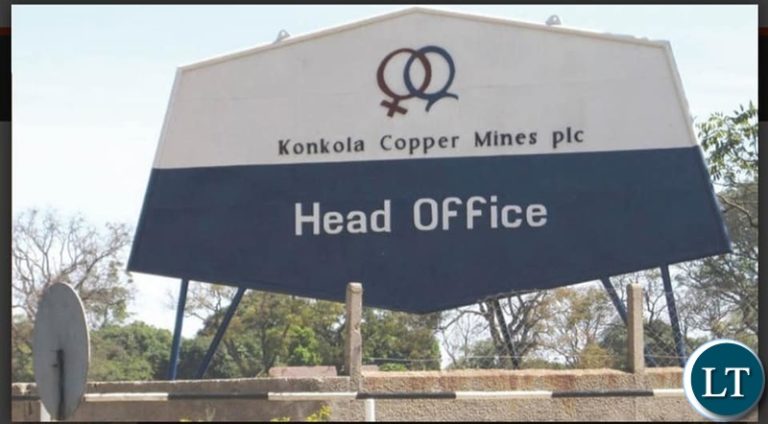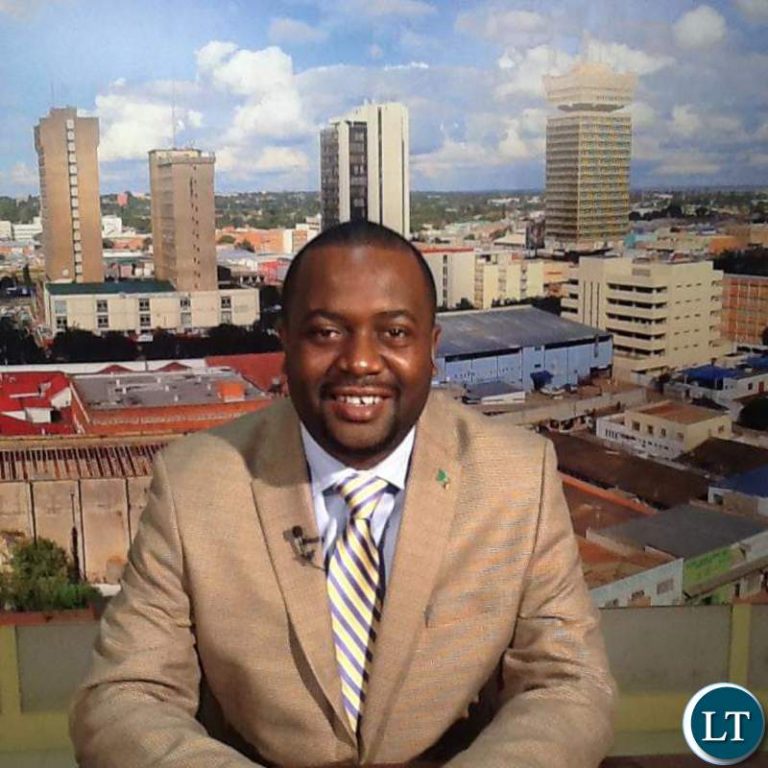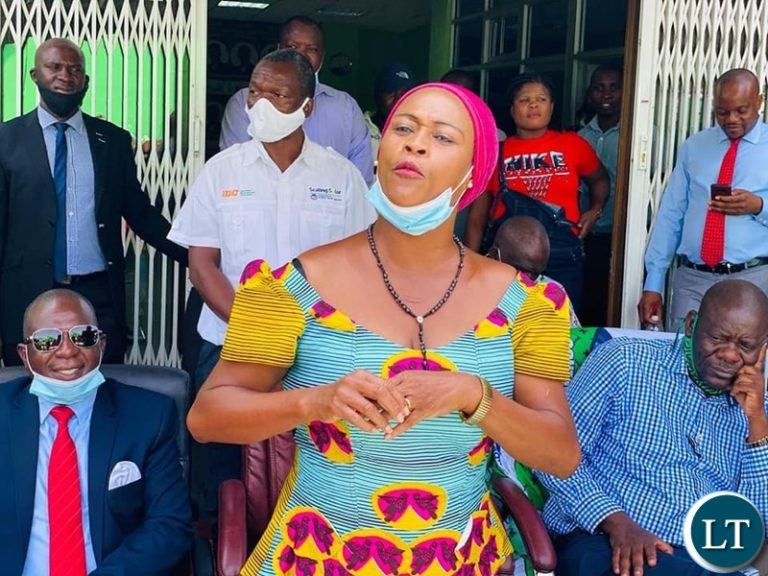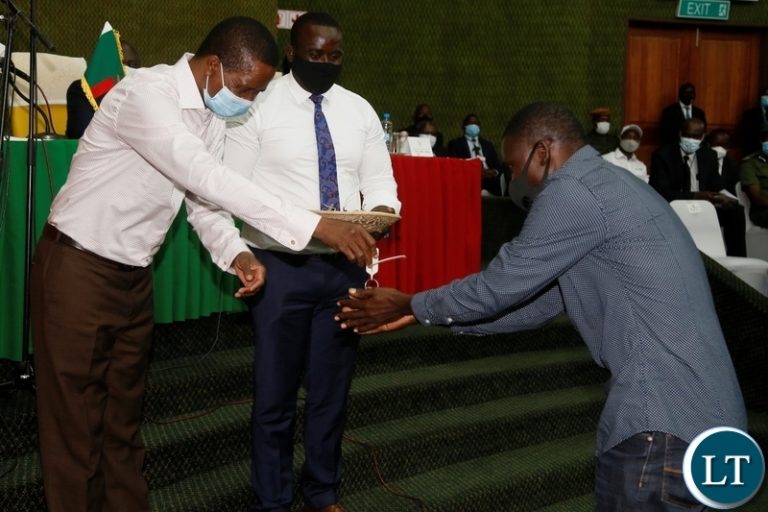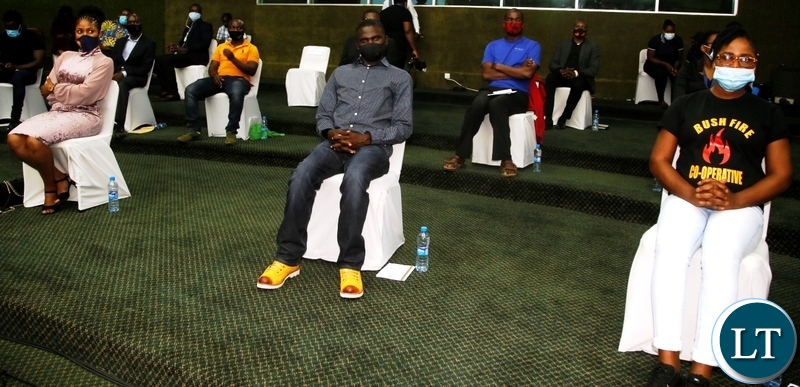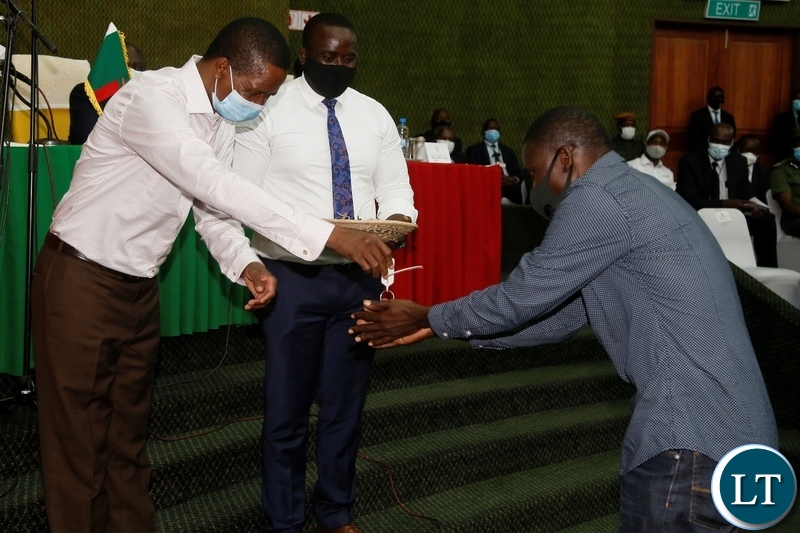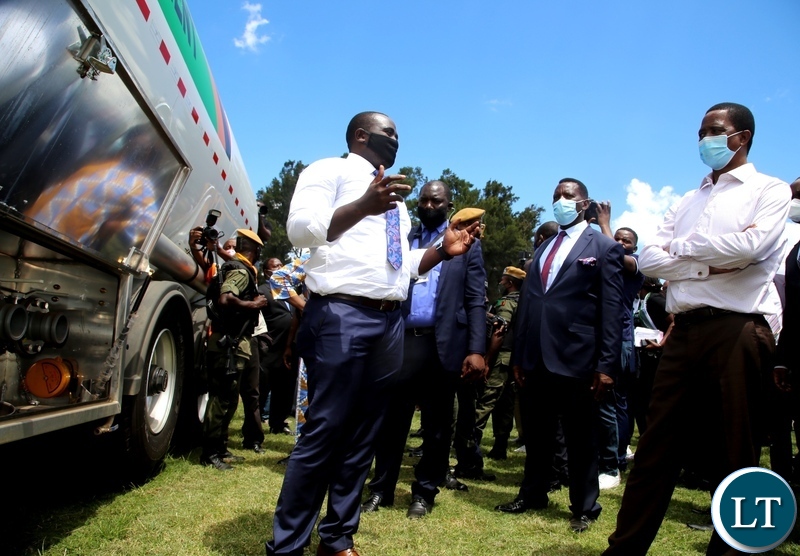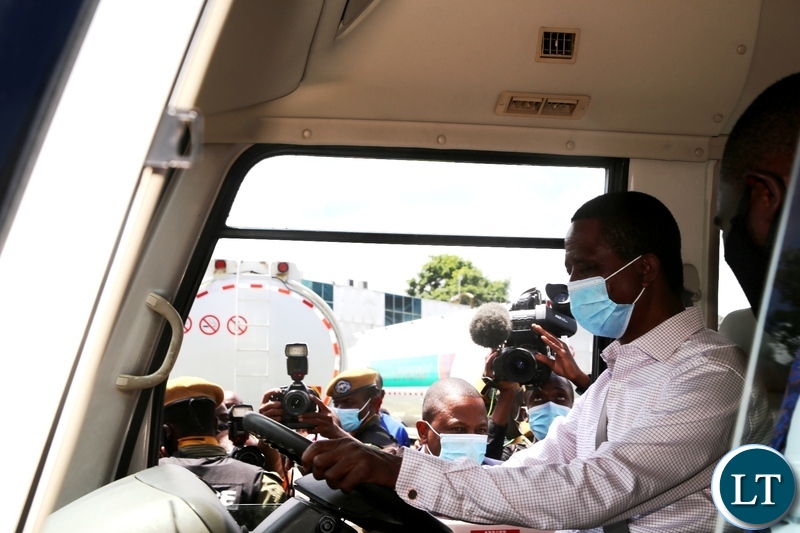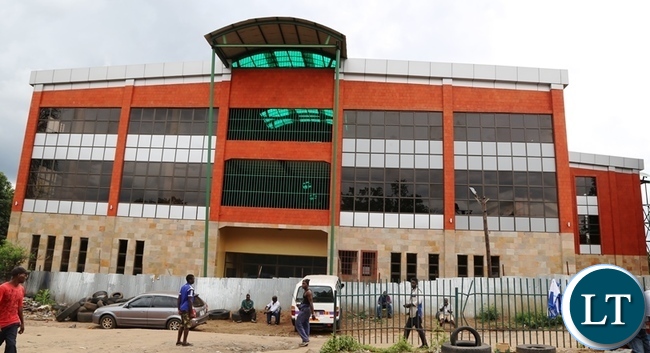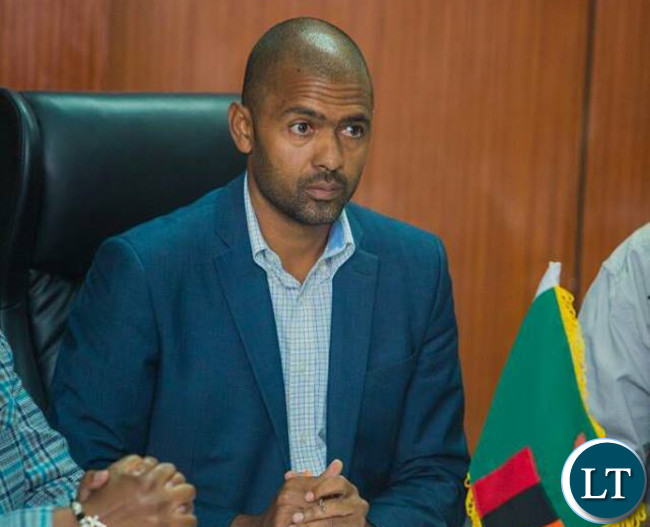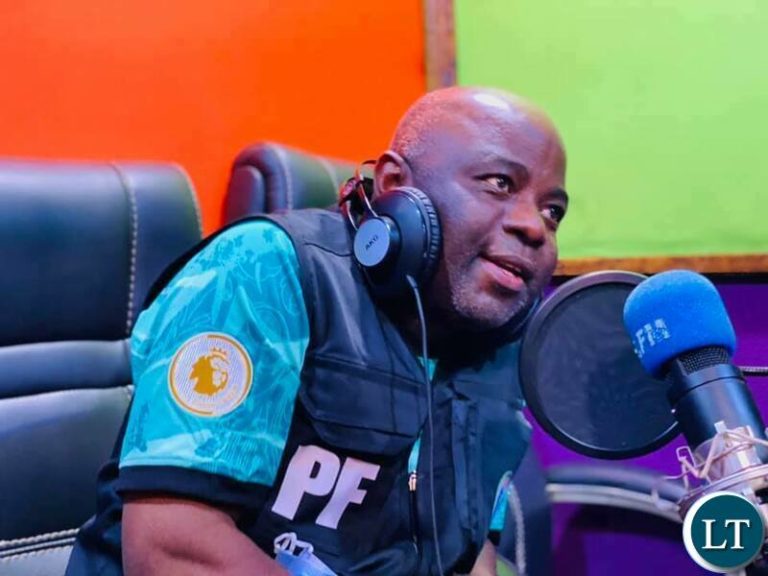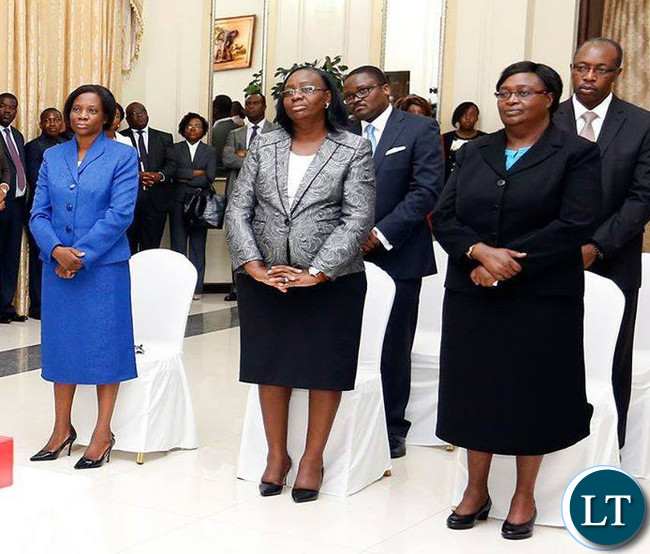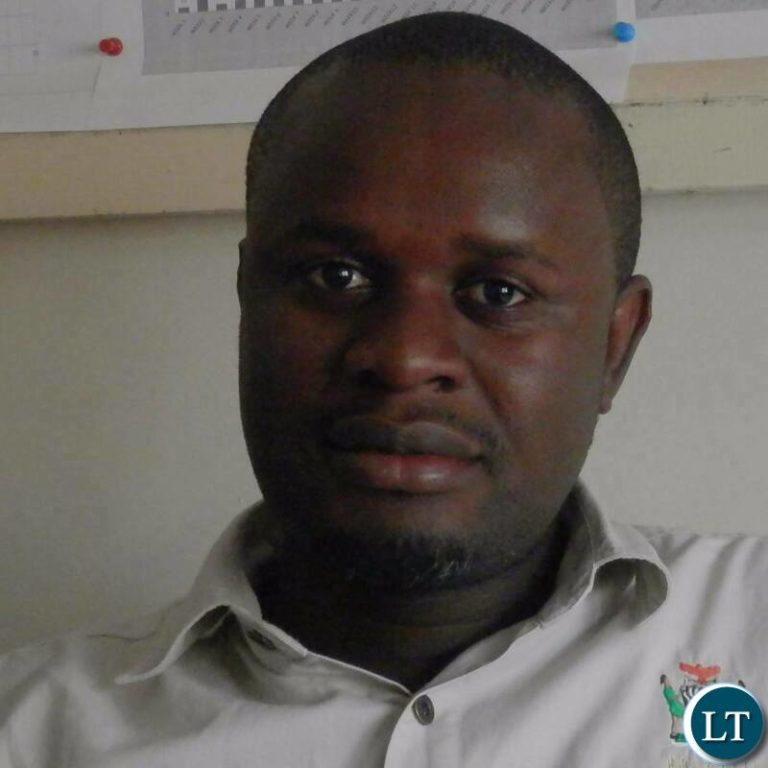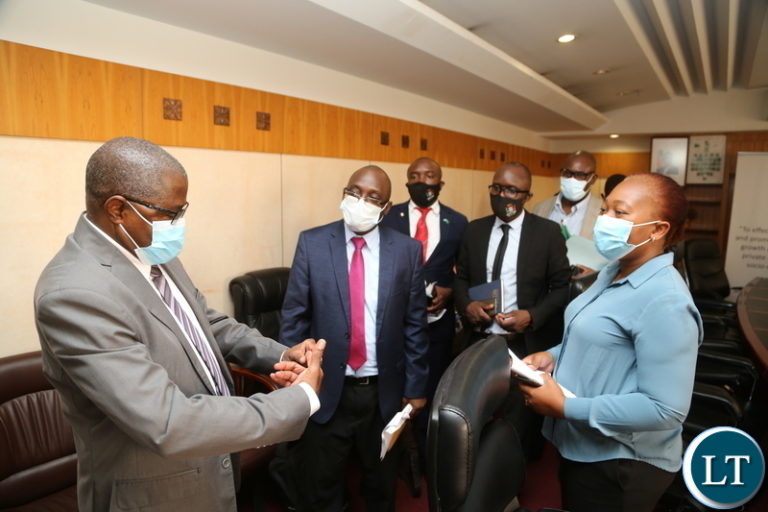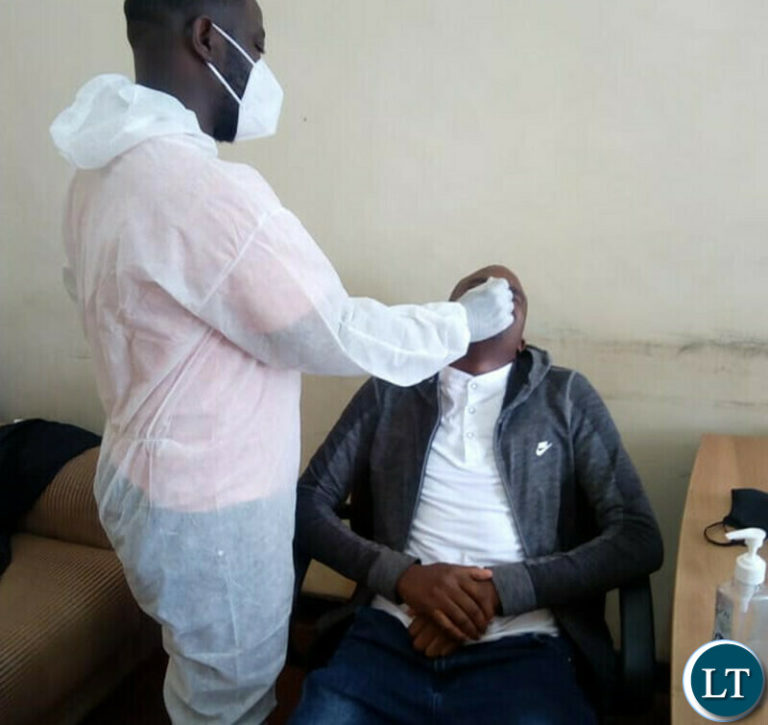By Edwin Mbewe, LLB, AHCZ and Isaac Mwanza, LLB
Introduction
On 10th March 2021, the Constitutional Court in the case of Nkunika v Nyirenda and Electoral Commission of Zambia (2019) CCZ 005, (the “Nkunika Case”), by a majority of 3-2, delivered a judgment on the interpretation of Article 70(2)(d) of the Constitution of Zambia. The said provision sets as a minimum academic qualification for candidates who wish to contest an election as a Member of Parliament, possession of a grade 12 certificate or its equivalent.
This discussion analyses the Nkunika Case and considers the question on whether or not possession of a grade 12 certificate as interpreted by the Court is necessary or required for candidates who have a higher academic qualification.
The Nkunika Case
In the Nkunika Case, the Petitioner and the 1st Respondent amongst others, stood as candidates for Member of Parliament for Lundazi Central Constituency in the general election held on 11th August, 2016. The 1st Respondent emerged victorious in the said election and was declared duly elected Member of Parliament.
The Petitioner alleged that the 1st Respondent does not meet the minimum academic qualifications as prescribed under Article 70(1)(d) of the Constitution as he does not hold a minimum of a grade twelve (12) Certificate. That as such, the 1st Respondent has contravened and continues to contravene the said provisions of the Constitution by holding office as Member of Parliament when he does not have the prescribed minimum academic qualification.
With regard to the 2nd Respondent, the allegation was that it too contravened the provisions of Article 70(1)(d) of the Constitution by allowing the 1st Respondent to contest the relevant seat without meeting the minimum academic qualification and continues to contravene the said Article by not taking appropriate action against the 1st Respondent, whom it is now aware did not submit a grade twelve certificate.
The Petitioner contended that the 1st Respondent was holding office as Member of Parliament contrary to the provisions of Article 72(2)(b) of the Constitution and that by allowing the 1st Respondent to continue holding a parliamentary seat when he does not meet the minimum academic qualifications as prescribed, the 2nd Respondent has also contravened the said Article 72(2)(b) of the Constitution.
The Petitioner sought two main reliefs:
- That the Court orders that the 1st and 2nd Respondents contravened and have continued to contravene Articles 70(1)(d) and 72(2)(b) of the Constitution;
- That the Court declares the Lundazi Central Constituency seat vacant and that the 2nd Respondent holds elections within 90 days.
The Respondents denied the Petitioner’s allegations that the 1st Respondent does not meet the minimum academic qualifications as prescribed under Article 70(1)(d) of the Constitution as the wording of the Constitution says “Grade twelve or equivalent” and that the term “equivalent” in this case meant the 1st Respondent’s tertiary qualifications and General Certificate of Education (GCE) of 2013.
The Respondents relied on the High Court decision of Sibongile Zulu v Attorney-General (2016)/HB/24 (the “Sibongile Zulu Case”), which held that a vocational training/apprenticeships could equate to a grade 12 certification or even be higher.
The Constitutional Court held that:
The term “grade twelve (12) certificate” used in Article 70(1) (d) of the Constitution is synonymous to the term “school certificate”.
The word “equivalent” to a grade twelve (12) certificate as envisaged in Article 70(1)(d) of the Constitution relates to qualifications that are comparable in value, amount, meaning and functions and are neither inferior nor superior to a school certificate. The qualifications may include academic qualifications that have been obtained in other jurisdictions but which are equivalent to a school certificate in Zambia.
A GCE is equivalent to a grade twelve (12) certificate as envisaged under Article 70(1)(d) of the Constitution if the number of subjects, passed and the grades obtained satisfy the requirements for obtaining a school certificate being:
(a) Pass in at least six (6) subjects, including English Language, one (1) of which should be a credit or better; or
(b) Pass in at least five (5) subjects, including English Language, two (2) of which should be a credit or better.
A tertiary, vocational, craft, trade or apprenticeship certificate is not equivalent to a grade twelve certificate (school certificate) as it is not comparable in value, amount, meaning and functions to a grade twelve (12) certificate.
The Respondents did not contravene Article 70(1)(d) of the Constitution as regards the 1st Respondent’s nomination and subsequent election based on the prevailing interpretation of Article 70(1)(d) of the Constitution at the time in the Sibongile Zulu Case and the Constitutional Court could not apply its above interpretation (on what is meant by a grade 12 certificate or its equivalent) to the 1st Respondent retrospectively.
In their dissenting opinions, Justices Chibomba, JP and Mulonda, JC were of the view that the 1st Respondent ought to have vacated seat as his continued stay in Parliament violates Article 70(1)(d) and should thus be disqualified from continuing to hold office, pursuant to Article 72(2)(h) of the Constitution. They disagreed with the majority on their refusal to apply the latest interpretation of the Constitution to the 1st Respondent as whatever is found to be unconstitutional is void or a nullity from the beginning.
Analysis of the decision
There seems to be a misconception that the effect of the decision is that possession of a tertiary qualification but without a grade 12 certificate or its equivalent disqualifies a candidate. This proposition is of doubtful validity for the following reason:
A grade 12 certificate or its equivalent is only a minimum requirement and it is irrelevant where one holds a higher academic qualification
It is important to note that Article 70(1)(d) only requires a grade 12 certificate or its equivalent as “a minimum academic qualification.” This entails that it is the lowest academic qualification a candidate is expected to have but not necessarily a must have. It is perfectly possible for someone to have an academic qualification which is higher than a grade 12 certificate without first having obtained the latter.
For example, by virtue of the Zambia Qualifications Framework (ZQF) Level Descriptors 2016 promulgated by the Zambia Qualifications Authority, a Trades and Occupation (TEVET) qualification ZQF Level 3 Certificate is graded as higher than a grade 12 certificate. Yet, this level also caters for prior learning outside the formal school system. One may then go on and upgrade to Level 4, then Level 5 even to Diploma Level without any trace of a grade 12 certificate or its equivalent.
Further, it is not uncommon for institutions of higher learning to have admission requirements such as three (3) Ordinary Level credits sometimes coupled with practical experience in a relevant field. Some institutions refer to this as mature entry. Three (3) Ordinary Level credits are not equivalent to a grade twelve certificate. Yet, one can perfectly obtain a higher academic qualification with them.
It is submitted that where a candidate possesses the above higher qualifications, a grade 12 certificate being lower than such qualifications, becomes an irrelevant consideration. A minimum should not be insisted upon in the existence of a higher qualification. Article 70(1)(d) of the Constitution does not require that in addition to a higher qualification a candidate must also possess the minimum.
The requirement for a grade 12 certificate or its equivalent only becomes relevant if as was the case in the Nkunika Case, one’s proffered qualifications are found to be inferior to a grade 12 certificate or its equivalent. In the said case, those qualifications were a GCE with 4 passes, craft, vocational and apprenticeship certificates not issued by an appropriate authority as defined by the Zambia Qualifications Authority Act.
No qualification such as a Trades and Occupation (TEVET) qualification ZQF Level 3 Certificate issued by an appropriate authority was ever considered in the Nkunika Case.
When or at what point could the Respondents in the Nkunika Case be said to have contravened Article 70(1)(d) of the Constitution?
It was the majority’s reasoning that in view of the Sibongile Zulu Case which held that: “…the legislature did not set a rigid standard or a qualification based on passes and failures because, firstly, the Constitution itself does not set such a high standard as defined by the Examinations Council of Zambia,” the Respondents acted within the Constitution as the above High Court interpretation of Article 70(1)(d) of the Constitution bound them.
We are inclined to agree with that position. At the time of nomination, the Respondents acted within the Constitution as guided by the High Court. The Sibongile Zulu Case simply rejected the Examinations Council of Zambia’s definition of a grade 12 certificate. The High Court guided that a vocational training/apprenticeships could equate to a grade 12 certification or even be higher.
That was the law until 11th April, 2019 when Parliament defined for the first time what “School Certificate” means. This was by virtue of the Electoral Commission of Zambia (Amendment) Act No. 5 of 2019. It defined “School Certificate” as:
“…the certificate awarded by the Examinations Council of Zambia to a candidate who passes such subjects, in the grade twelve examinations conducted by the Examinations Council of Zambia, as the Examinations Council of Zambia requires for the award of the certificate.”
By that amendment, the Sibongile Zulu Case was overruled by the sharp sword of legislation. It is really only after that amendment that the Examinations Council of Zambia could have an authoritative say on what “School Certificate” means as not even its Regulations on School Certificate and General Certificate of Education 2018 not being by Statutory Instrument, could overrule the Sibongile Zulu Case.
Article 72(2)(b) of the Constitution which was one of the provisions the Petitioner relied on in the Nkunika Case makes interesting reading. The said provision enacts as follows:
“72. (2) The office of Member of Parliament becomes vacant if the member—
(b) becomes disqualified for election in accordance with Article 70.” (Emphasis ours).
The expression “becomes disqualified” contained in the above provision would seem to suggest that one would have initially been qualified but circumstances have since changed and they are now no longer qualified. For one cannot become disqualified if they were already disqualified.
The question is: at what point does a person initially qualified become disqualified? We submit that the disqualification would only arise at the occurrence of a disqualifying fact listed in Article 70. Not having the required minimum academic qualification is one of them.
In the Nkunika Case, it can be observed that the 1st Respondent who was otherwise qualified on the then prevailing authority of the Sibongile Zulu Case, was found to have become disqualified by the Constitutional Court’s interpretation of Article 70(1)(d) which seemingly overruled Sibongile Zulu. We contend that the said case was actually overruled by the Electoral Commission of Zambia (Amendment) Act No. 5 of 2019 considered above.
The possible disqualification fact in the Nkunika Case therefore appears to have occurred in 2019. At that point, was it still irrelevant to consider any post-election academic qualification the 1st Respondent could have since attained? Should relevance still only be placed on want of qualifications at the time of nomination or election which at the time was no disqualification?
We hold the view that a person who becomes disqualified must be regarded as such in view of the obtaining disqualifying circumstances. Thus, as the 1st Respondent became disqualified in 2019, it was relevant to consider if that was really the case in view of the obtaining fact that he had since acquired a degree in Christian Entrepreneurship (whatever that is) obtained from Team Impact Christian University.
Had he still become disqualified for want of a grade 12 certificate when he now had a degree (presumably from an appropriate authority) and when he was not so disqualified at nomination or election owing to the then prevailing interpretation of Article 70(1)(d)? We don’t think so.
We agree with the final decision of the majority but not the path taken to arrive at that decision. In our view, the 1st Respondent had actually not become disqualified by the time Sibongile Zulu was overruled. And at nomination or election, the then prevailing interpretation of Article 70(1)(d) meant that there was no lack of qualifications on his part.
Summary and Conclusion
In the Nkunika Case, the Constitutional Court held that a tertiary, vocational, craft, trade or apprenticeship certificate is not equivalent to a grade twelve certificate (school certificate) as it is not comparable in value, amount, meaning, and functions to a grade twelve (12) certificate.
A GCE is equivalent to a grade twelve (12) certificate as envisaged under Article 70(1)(d) of the Constitution if the number of subjects passed and the grades obtained to satisfy the requirements for obtaining a school certificate.
The Respondents did not contravene Article 70(1)(d) of the Constitution as regards the 1st Respondent’s nomination and subsequent election based on the prevailing High Court interpretation of Article 70(1)(d) of the Constitution.
The Court never ruled that a grade 12 certificate or its equivalent is also required where one has a higher academic qualification. An example of a higher academic qualification one can have, without having a grade 12 certificate or its equivalent, is a Trades and Occupation (TEVET) qualification ZQF Level 3 Certificate. Such a qualification is not equivalent to a grade 12 certificate and it does not have to be for the obvious reason that it is higher.


